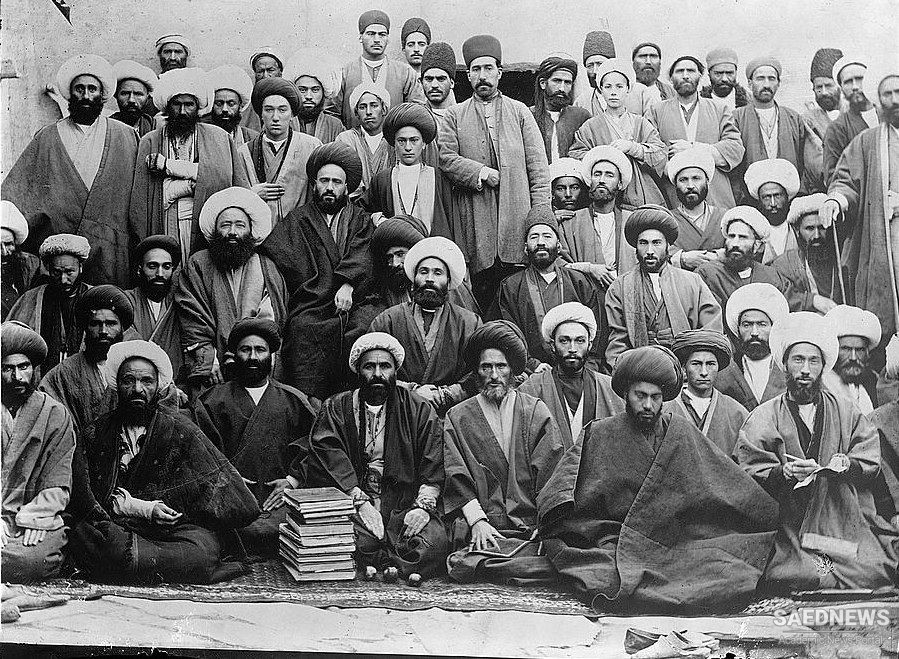Although the mujtahid is, strictly speaking, one who exercises ijtihad, and although it is possible to make a distinction between mujtahid, faqih, and mufti (one whose opinion is sought on a point of religious Jaw), in practice the various functions implied in these three titles are often united in one person. Moreover, certain duties fulfilled by the Sunni ulama, and hence bearing no special relationship to the Shi'i concept of ijtihad, also fall to the mujtal1id. Thus, while taqlid provides the ultimate basis for the authority of the mujtahid, this authority finds expression in a variety of functions. Some of these are summarized in a saying attributed to the Prophet: "The ulama are guardians of those who are without protector; and in their hands is the enforcement of divine ordinance concerning what has been permitted or prohibited." Thus, as persons thought worthy of confidence, ulama might be entrusted with deposits, the estates of minors, and the guardianship of orphans. They might further be entrusted with the administration of private vaqf's (inalienable endowments), tllat is, those established not for charitable purposes but as a means of guaranteeing security of tenure. If the administrator (mutaval/i) of such an endowment were dismissed from his appointment, the ulama frequently acted as trustees. Similarly, the ulama were given tlle task of certifying the legality of title deeds and other documents by affixing their seal. The collection and distribution of various kinds of alms and money intended for pious and charitable purposes (zakiit, khums, and so forth) were also the responsibility of the ulama. The prominence of the mujtahids might well be reflected in the sums that passed through their hands: to give a donation represented an act of association with the piety embodied in their persons. At the same time, it is worth remarking that no system of enforcement existed for the collection of zakat, a tax obligatory on every male Muslim; on occasion, prominent mujtahids did not hesitate to use coercion (Source: Religion and State in Iran 1785-1906 : The Role of the Ulama in the Qajar Period).


 Shia Islam and Early Modern Culture of Persia
Shia Islam and Early Modern Culture of Persia














































